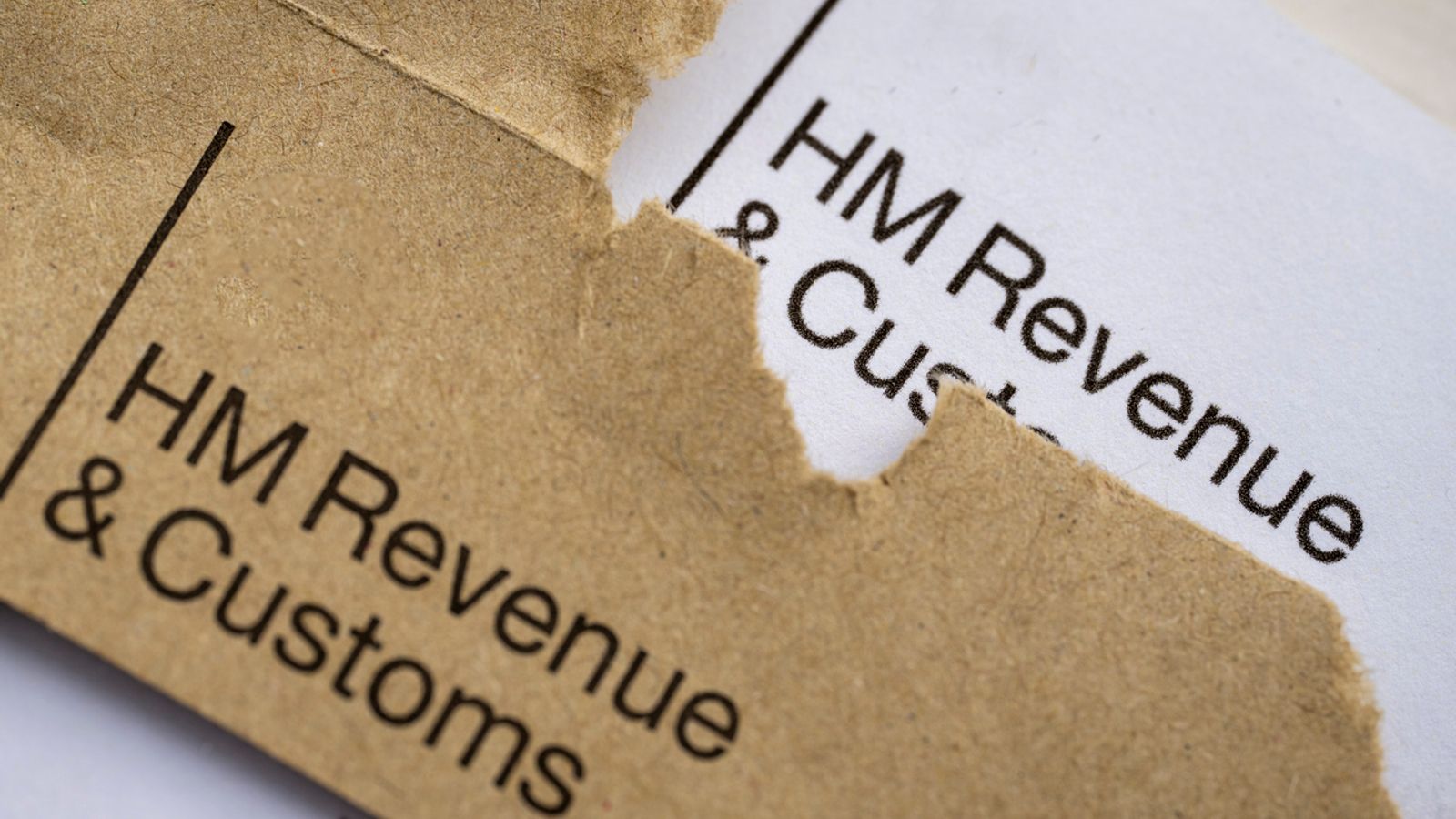Increased tax compliance measures have yielded £11.4bn in unpaid tax as investigations into rich people and mid-size businesses grew.
The sum came as HM Revenue and Customs (HMRC) opened 23% more inquiries into unpaid value added tax (VAT), according to a freedom of information request from Thomson Reuters, upping the number of investigations to 109,400 in the last financial year from 88,700 the year before.
The biggest expansion of scrutiny was into wealthy individuals and mid-size businesses while the largest sum came from a step up in large business VAT probes.
The division examining these entities grew the number of investigations 60% from 3,253 in the financial year ending 31 March 2022 to 5,203 in the year ending March 2023.
Read more:
Sunak accused of ‘desperate’ inheritance tax briefing
UK taxpayer facing historically high burden
What is inheritance tax?
Increases, however, were across the three sections ensuring VAT compliance.
Cases opened into individuals and small businesses were up 22% while cases into large businesses rose 17%.
Rishi Sunak suggests more tax cuts are on the way – but refuses to commit to triple lock manifesto pledge
Autumn statement in five charts: See how your salary is affected by tax changes
Autumn statement: Jeremy Hunt signals tax cuts next week as lower inflation means economy has ‘turned a corner’
The biggest increase from VAT compliance investigations came from the large businesses section, which took in an additional £5bn last year.
Please use Chrome browser for a more accessible video player
VAT makes up roughly 20% of the total tax take, making it one of the biggest revenue sources for the state, along with national insurance and income tax.
Additional resources had been given to HMRC as part of efforts to recoup greater tax yields.
More than 3,000 staff were added to HMRC customer compliance units since the 2021 to 2022 financial year.
Be the first to get Breaking News
Install the Sky News app for free
But the gap between what HMRC estimated it is owed in VAT and what it collected was greater last year than the year before.
The gap stood at £8.8bn in the 2022-2023 tax year, up from £7.6bn in 2021-2022, bucking a previously downward trend.
High inflation has meant more tax is being paid as people earn more and pay higher amounts for goods and services.





